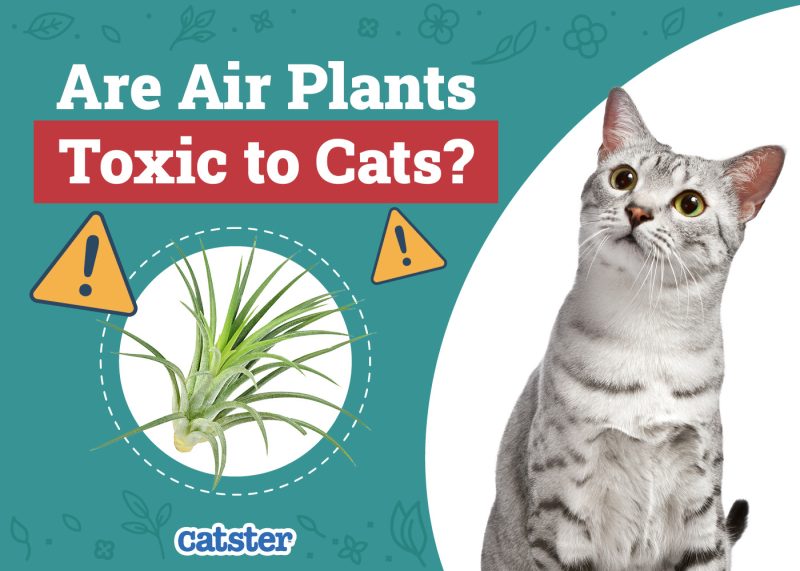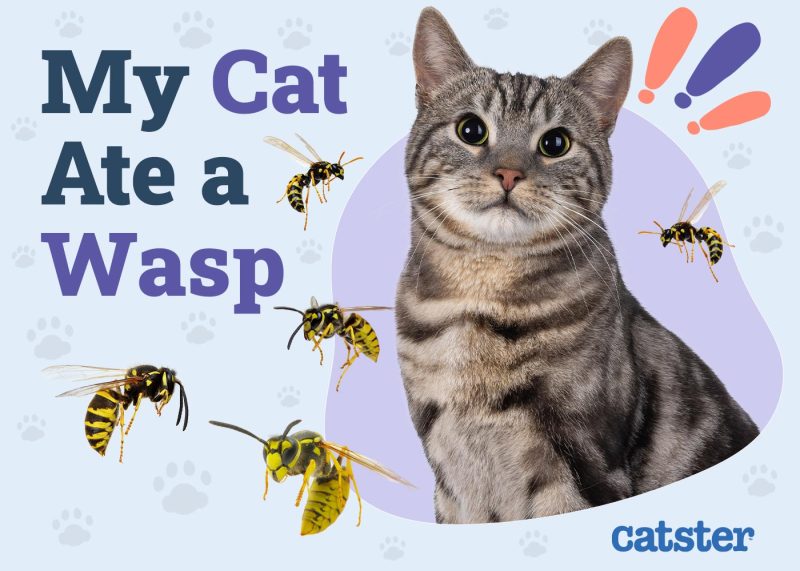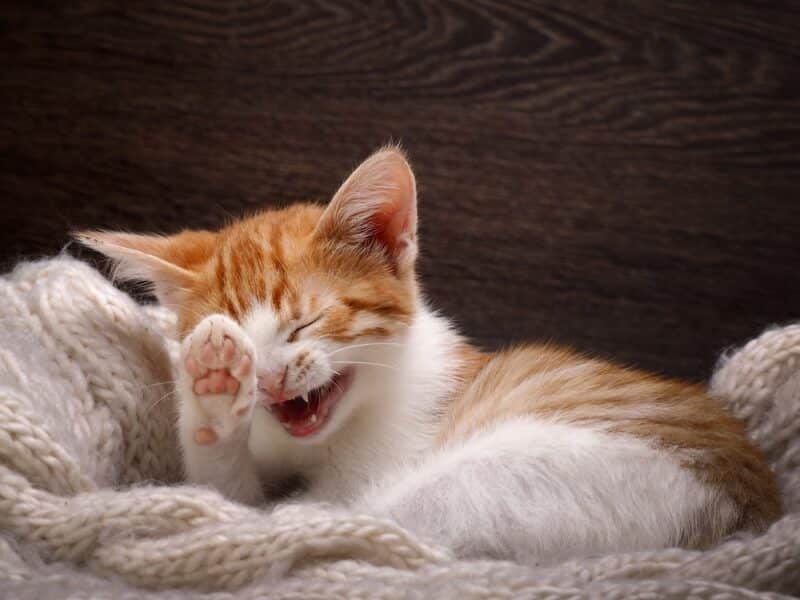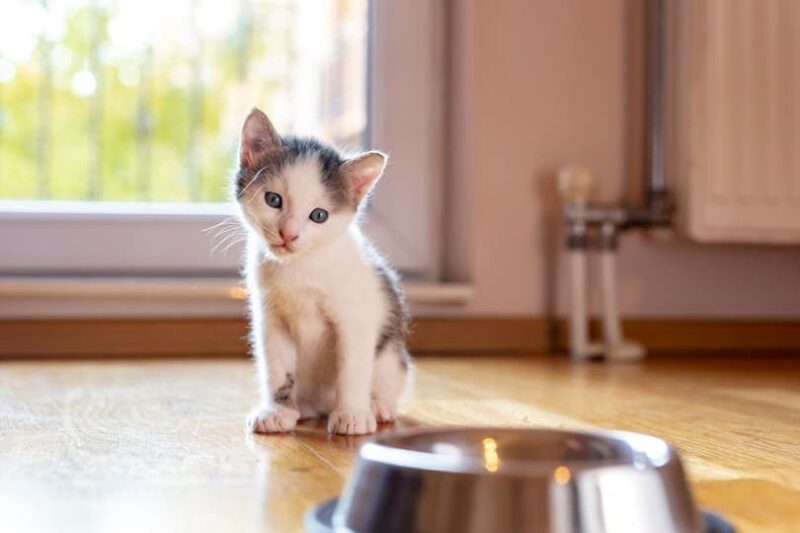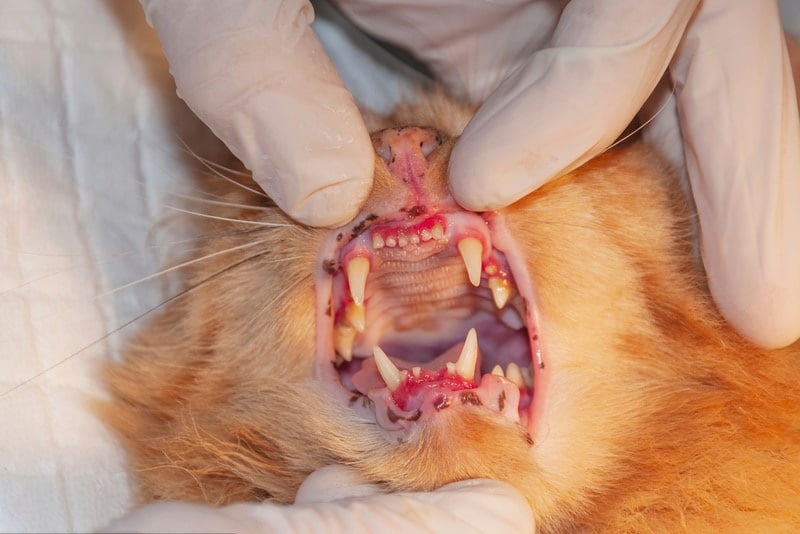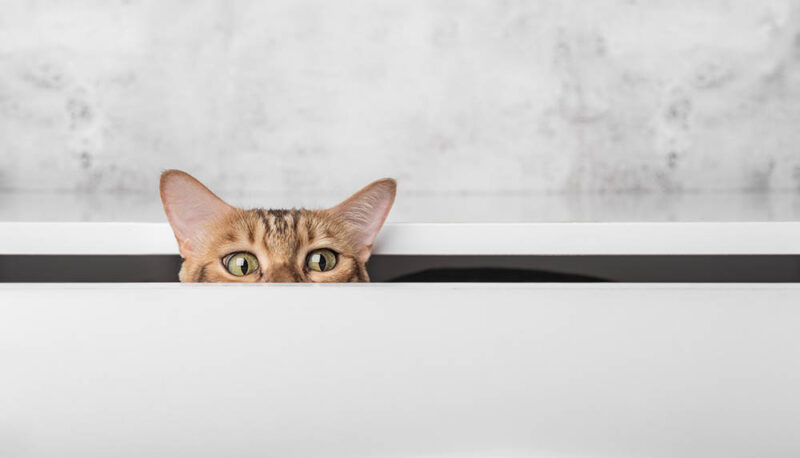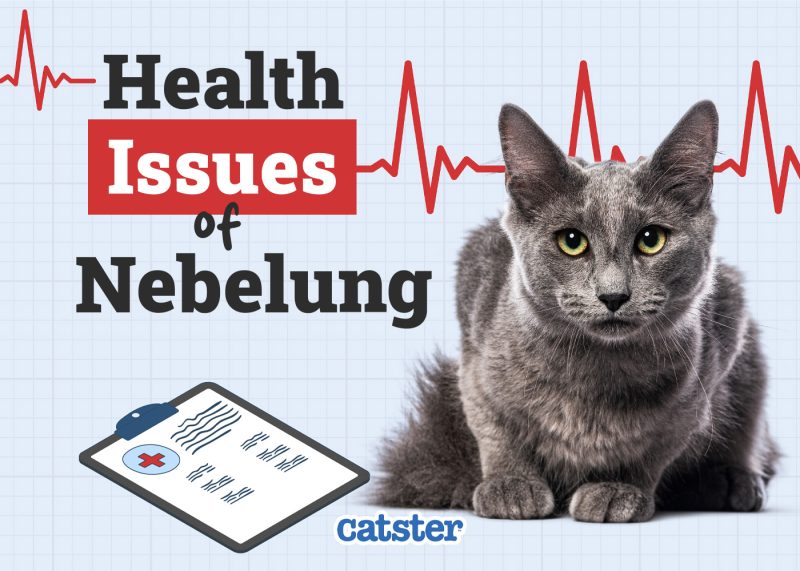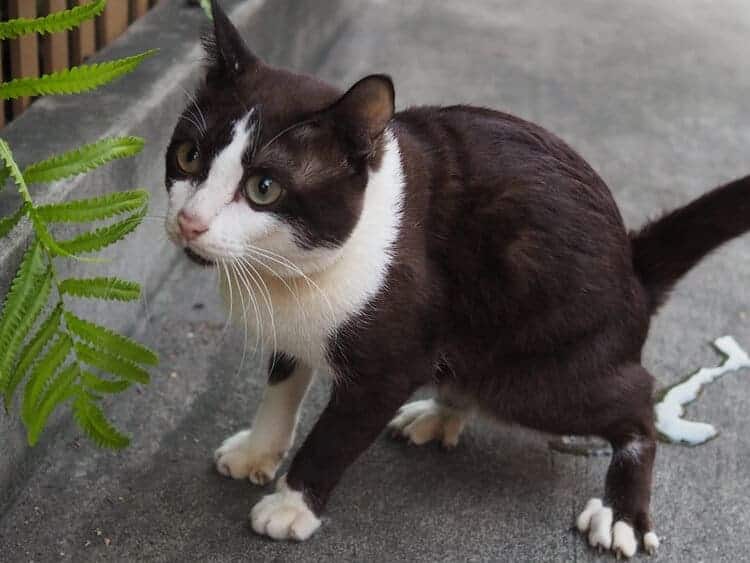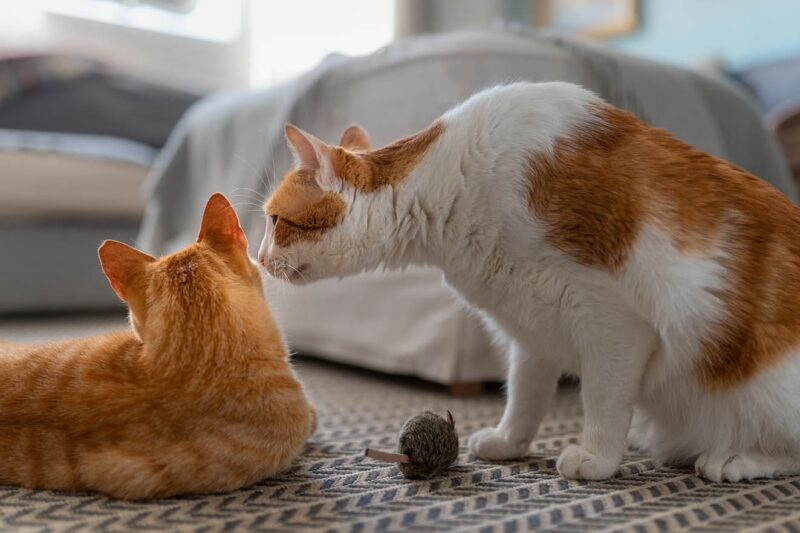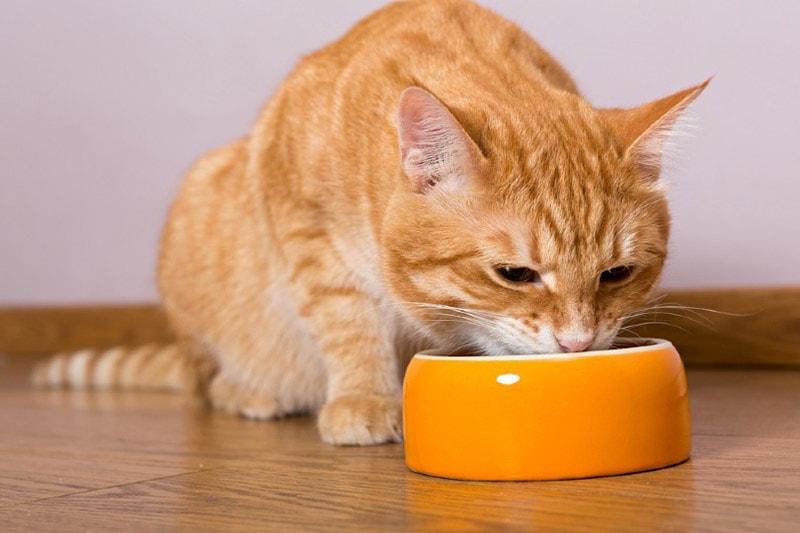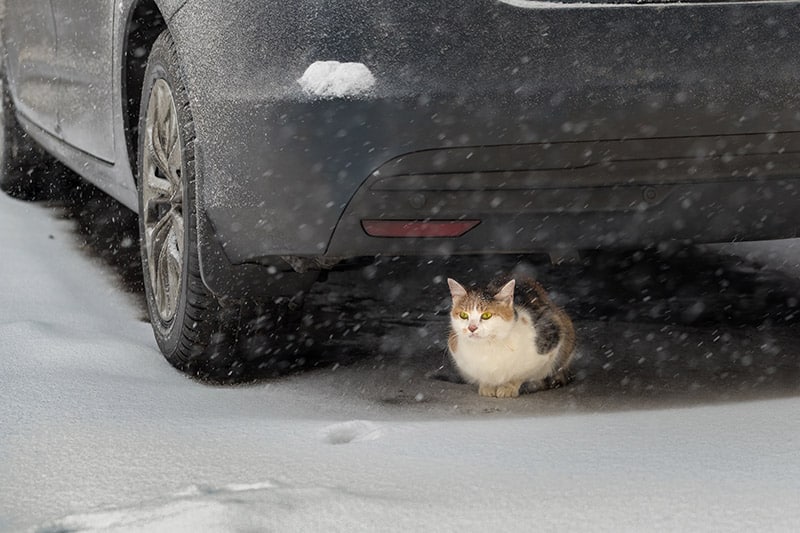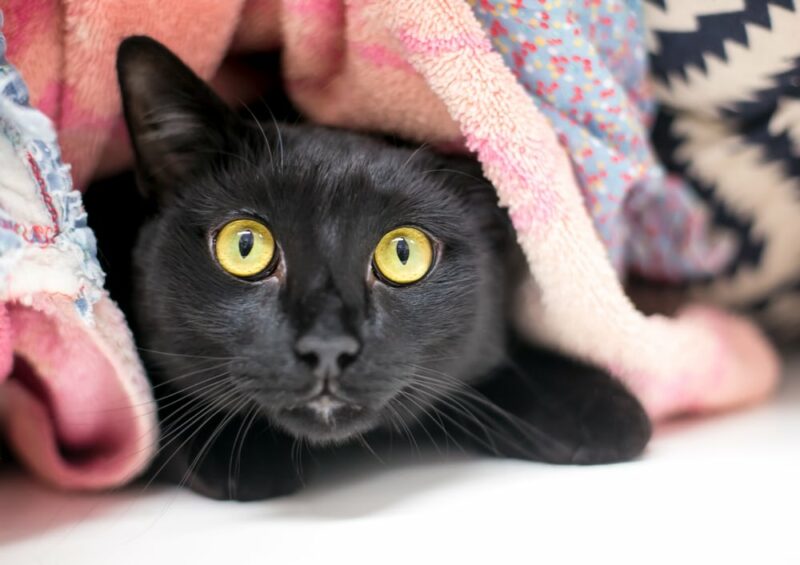In this article
We love our cats, and we want what’s best for them. So, when it comes to choosing houseplants, we want to make sure that they’re safe for our feline friends. But are air plants toxic to cats?
The short answer is no; air plants are not toxic to cats.
In fact, many common houseplants are not toxic to cats. However, there are a few exceptions that you should be aware of.

What Are Air Plants?
Air plants (Tillandsia spp.) are a type of epiphyte, meaning they grow on other plants or objects. They get their name from the fact that they don’t require soil to grow; they get all the nutrients and moisture they need from the air around them.
This unique plant has grown to be a popular addition in plant enthusiasts’ homes for its adaptability to any space, ease of care, and a wide variety of colors and shapes.
Are Air Plants Toxic to Cats?
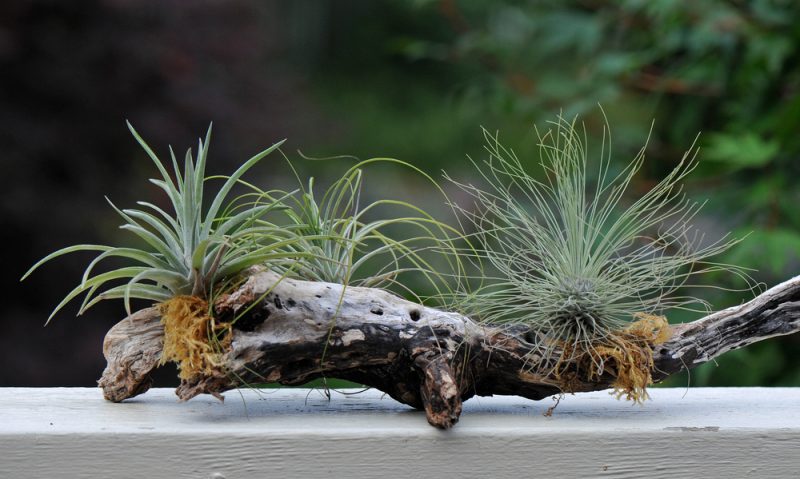
Air plants are not toxic to cats. So, if your cat happens to take a nibble on your air plant, there is no need to worry.

Which Common Houseplants Are Toxic to Cats?
While air plants are safe for cats, there are some common houseplants that you should avoid if you have a feline friend.
The most common toxic plant for cats is the lily. All parts of the lily plant are poisonous to cats, and even ingesting a small amount can cause kidney failure. If you have a cat, it’s best to avoid having lilies in your home altogether.
- Amaryllis
- Azaleas
- Begonia
- Chinese Jade
- Chrysanthemum
- Fiddle leaf fig
- Geranium
- Kalanchoe
- Poinsettia
- Snake plant
If you have any of these plants in your home, be sure to keep them out of reach of your cat.
This list is by no means exhaustive! Ensure you do your research on every new plant you bring into your home to coexist with your pets.
What Makes a Plant Toxic to Cats?
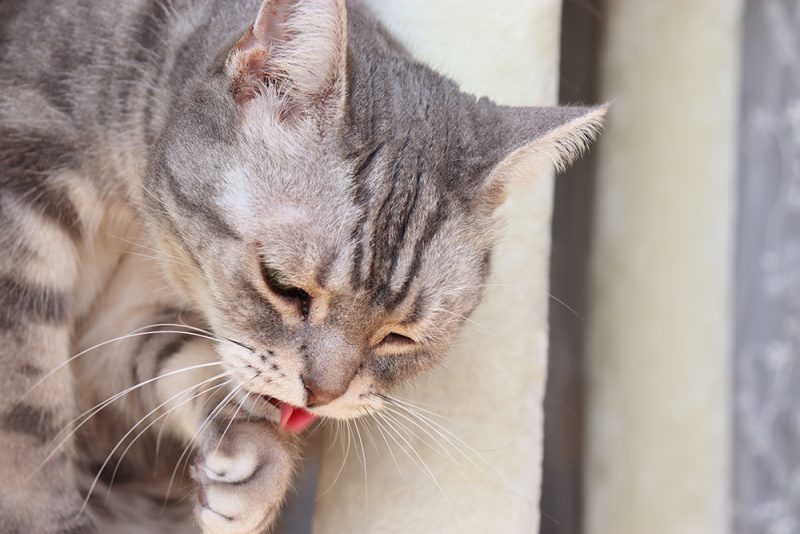
There are a few things that can make a plant toxic to cats. The first is the presence of saponins. Saponins are glycosides that can be found in a wide variety of plants. They are known to cause gastrointestinal upset and vomiting in cats.
The second is the presence of oxalates. Oxalates are found in many common houseplants, including dieffenbachia, caladium, and philodendron. When ingested, they can cause burning and irritation of the mouth and throat, difficulty swallowing, and drooling.
The third is the presence of essential oils. Essential oils are used in a wide variety of products, including household cleaners, air fresheners, and scented candles. They can also be found in some plants, such as lavender and peppermint. When ingested by cats, they can cause vomiting, diarrhea, difficulty breathing, and liver failure.

Safe Houseplants for Cats
- Bamboo
- Blue Echeveria
- Boston fern
- Burro’s tails
- Spider plant
- Parlor Palm
- Zebra plant
If you’re looking for a safe, non-toxic plant for your home, one of these is sure to be a good fit.
When it comes to houseplants, safety is important for both you and your pets. Be sure to do your research before bringing any new plants into your home, and if you have any concerns, consult with a veterinarian.
If you need to speak with a vet but can't get to one, head over to PangoVet. It's an online service where you can talk to a vet online and get the advice you need for your pet — all at an affordable price!

What Should I Do If My Cat Eats a Poisonous Plant?
If you think your cat has ingested a poisonous plant, it’s important to act quickly. Bring them to the vet immediately, and if possible, bring a sample of the plant with you. The sooner you act, the better the chances of a full recovery.
Signs of Plant Toxicity in Cats
There are a few signs that can indicate that your cat has ingested a poisonous plant. These include:
- Vomiting
- Diarrhea
- Drooling
- Lethargy
- Loss of appetite
- Difficulty breathing
You may also notice some signs of irritation, particularly if the plant contains oxalates. This irritation will be around the face and mouth and manifest as swelling and redness.
If you notice any of these signs, bring your cat to the vet immediately.
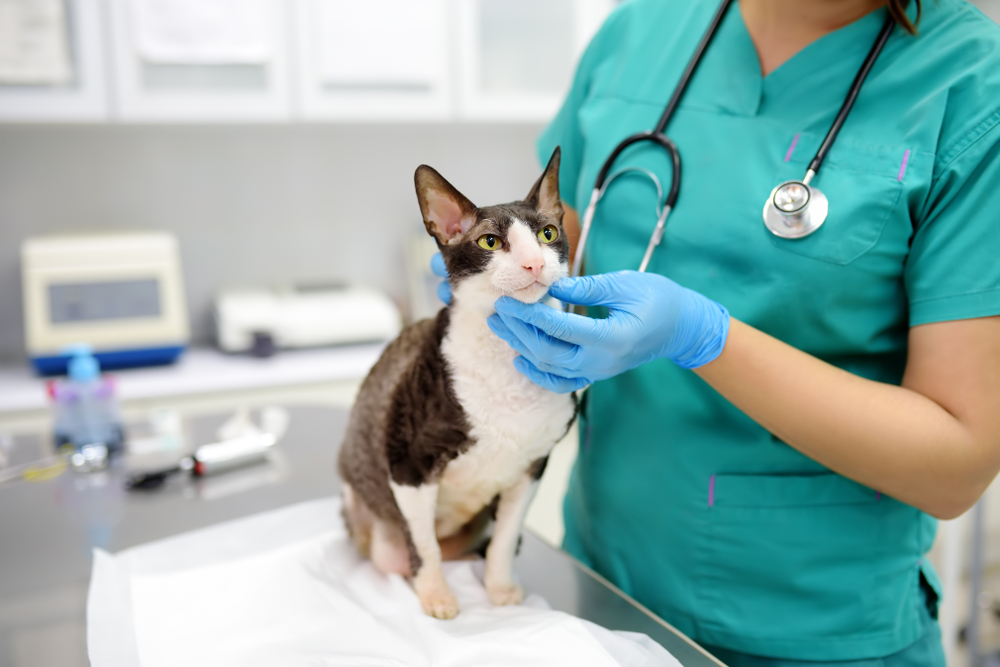
Tips for Keeping Cats Away from Houseplants
Us plant parents not only want to keep our cats safe from our houseplants, but we also want to protect our plants from our menacing pets! Here are a few tips for keeping cats away from your plants:
- Keep plants out of reach. The best way to keep your cat safe is to keep plants out of their reach. If you have floor plants, put them on a high shelf or in a room that your cat doesn’t have access to. If you have hanging plants, keep them out of reach or in a room that your cat can’t get to.
- Use a plant stand. Plant stands are a great way to keep plants out of reach while still allowing you to enjoy them.
- Use a plant cage. If you have a particularly curious or destructive cat, you may want to consider using a plant cage. These cages can be placed around your plants to keep your cat from getting to them.
- Use a repellent. There are a variety of commercial repellents available that can help keep cats away from your plants. You can also make your own repellent by mixing water and lemon juice in a spray bottle.
- Train your cat. With patience and persistence, you may be able to train your cat to stay away from your plants. Use positive reinforcement, such as treats or petting, when they leave your plants alone.
With a little effort, you can keep your cats safe, and your plants protected.
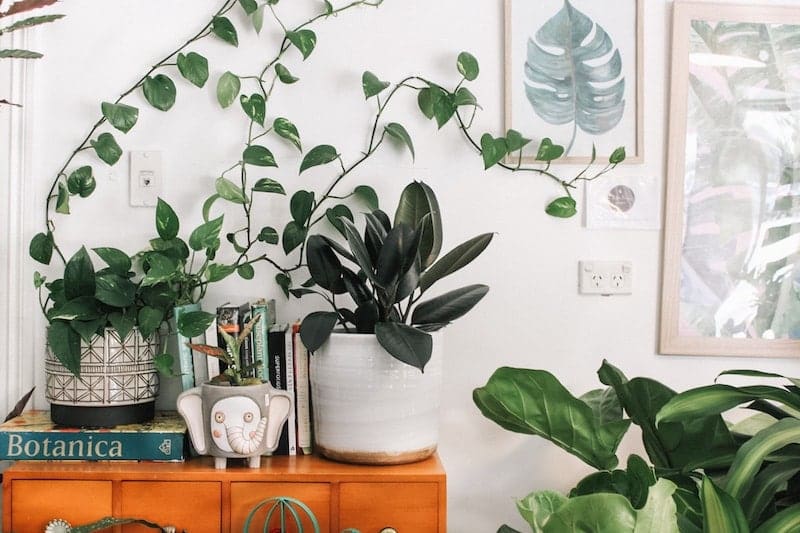

Wrapping Up
Cats and plants can coexist safely in your home, but it’s important to be aware of the risks.
Luckily, air plants are safe for cats. But some common houseplants can be toxic to cats if they’re ingested. If you think your cat has eaten a poisonous plant, bring them to the vet immediately.
You can also take steps to keep cats away from your plants, such as keeping them out of reach or using a repellent. You can create a safe and healthy environment for both your plants and your pets.
See also:
- Can Cats Drink Soda? Is It Healthy for Them?
- Is Caladium Toxic to Cats? Vet Approved Facts & Safety Tips
Featured Image Credit: PublicDomainPictures, Pixabay
